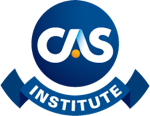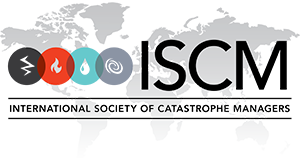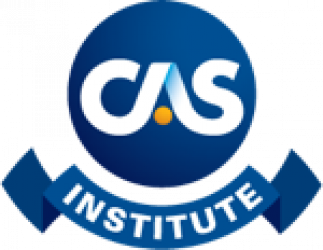About
 The CAS Institute, or iCAS, is a subsidiary of the Casualty Actuarial Society offering new credentials and specialized professional education for quantitative professionals.
The CAS Institute, or iCAS, is a subsidiary of the Casualty Actuarial Society offering new credentials and specialized professional education for quantitative professionals.
iCAS specialty credentials are separate from actuarial credentials and are designed for any professional seeking specialized recognition in quantitative practice areas such as predictive analytics, data science and catastrophe risk management. Professionals can leverage this recognition in order to enhance their skills, set themselves apart from other professionals, secure additional job duties, attract premium compensation and/or advance their careers. The CAS Institute began offering its first credential, the Certified Specialist in Predictive Analytics (CSPA), in the latter part of 2016.
The CAS has partnered with The Institutes, a leading global provider in education, to ensure that the iCAS credentialing process meets the highest standards of excellence in professional education.
 The International Society of Catastrophe Managers (ISCM) promotes catastrophe management professionalism within the global insurance industry. ISCM was established in March of 2006. The charter of the ISCM includes the following:
The International Society of Catastrophe Managers (ISCM) promotes catastrophe management professionalism within the global insurance industry. ISCM was established in March of 2006. The charter of the ISCM includes the following:
- Promote the professions of natural or man-made catastrophe manager, catastrophe modeler, natural hazard physical or social scientist, climate change/sustainability expert, risk manager, natural hazard related engineer, risk securitization expert and other related fields, within the insurance, reinsurance, loss reduction, civil, NGO, and risk management industries.
- Emphasize professionalism and quality.
- Encourage and coordinate educational and social activities within the catastrophe management profession.
- Provide an unbiased medium for correlating scientific studies, modeling developers, and other research activity with catastrophe managers.
- Act as a source of information pertaining to any recent developments in science, technology and the catastrophe management profession.
- Encourage networking and interaction within the society
- Develop an educational program

